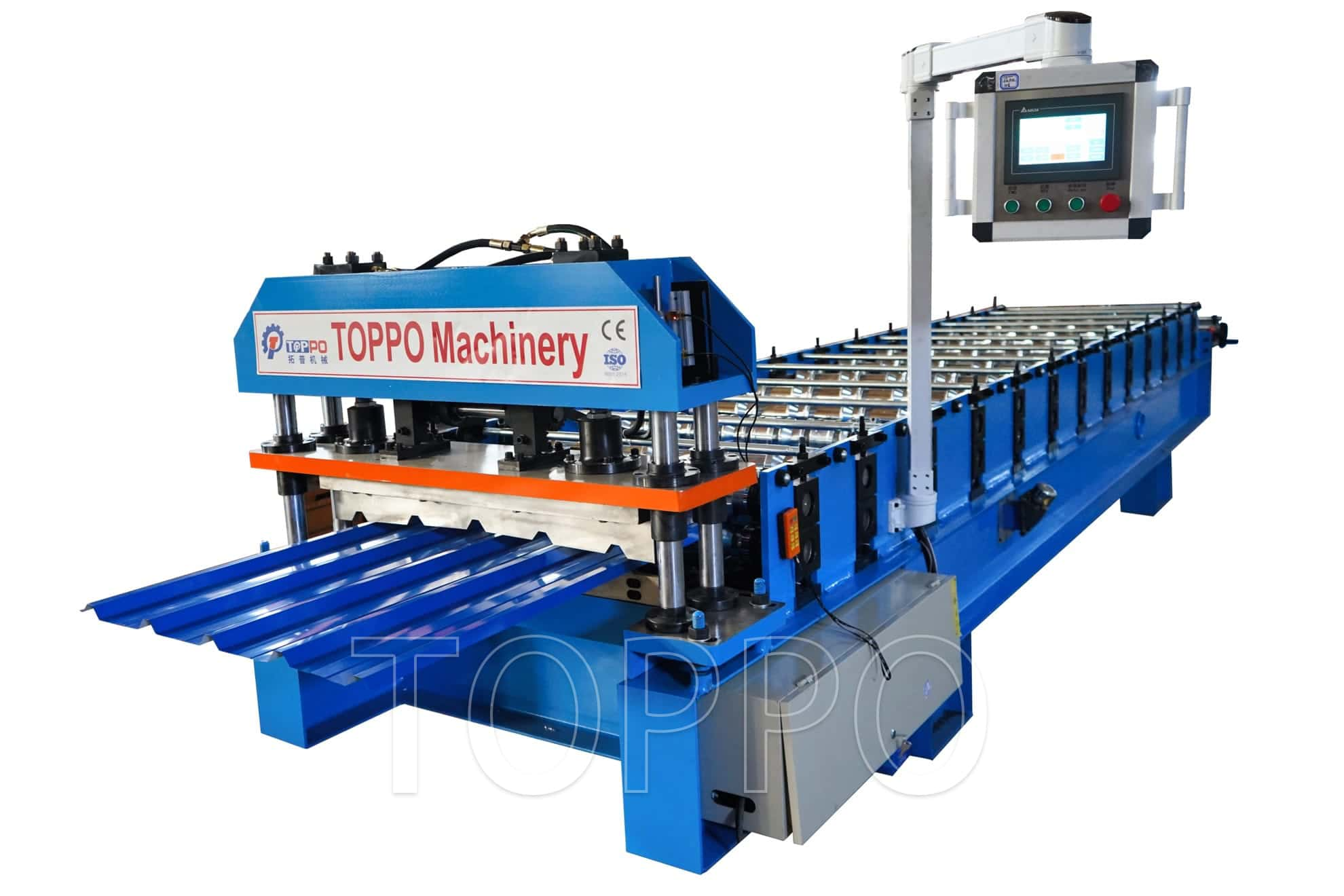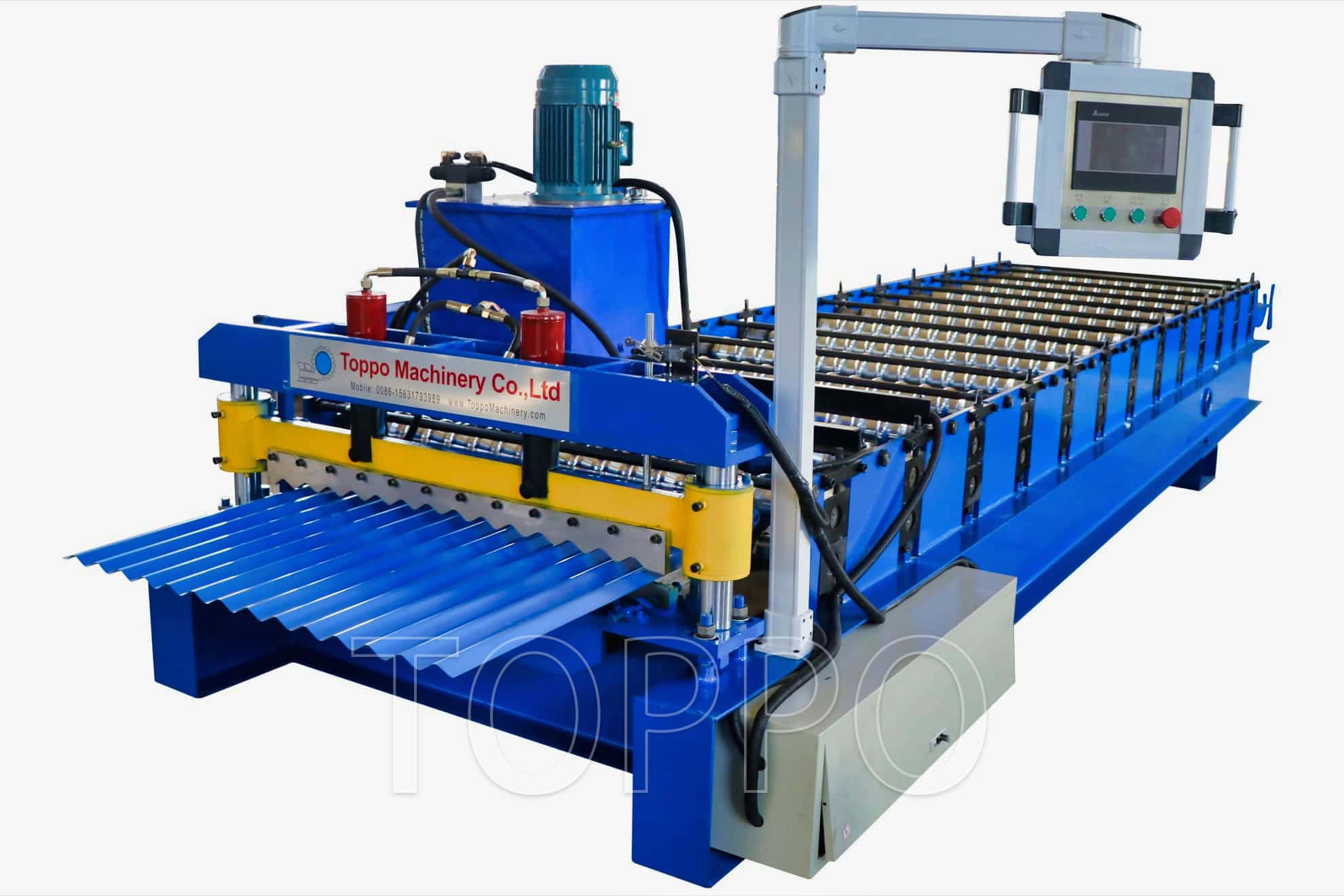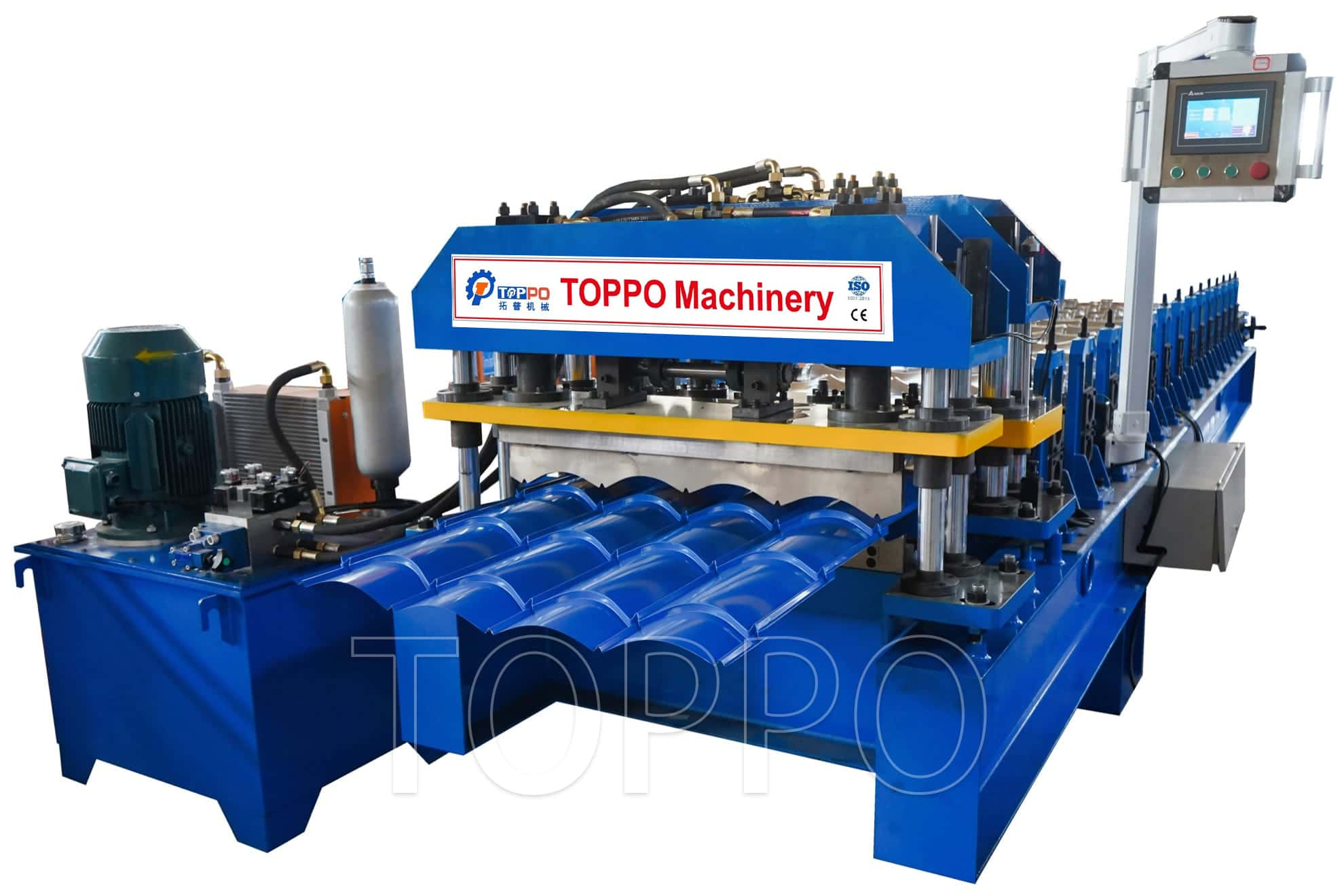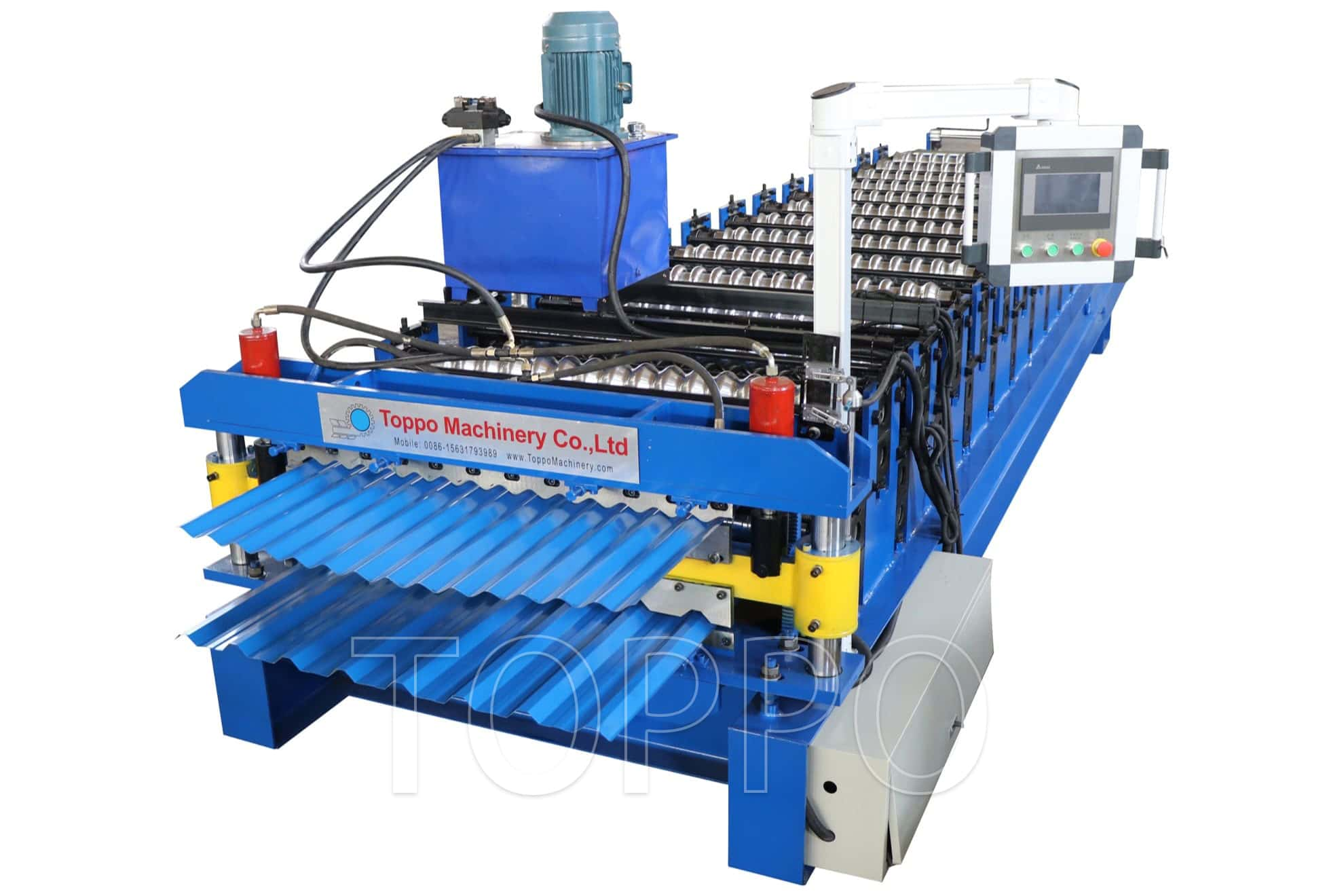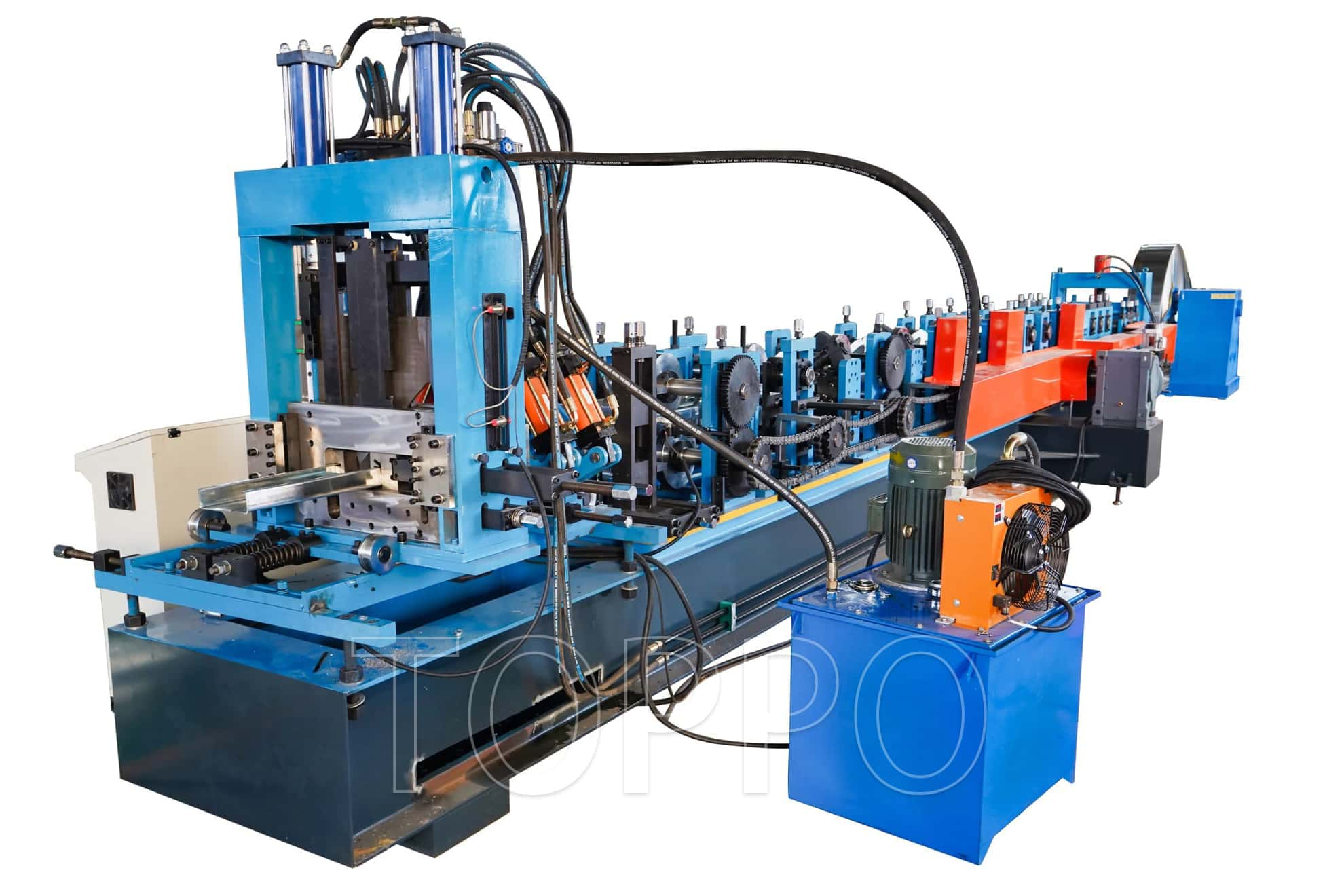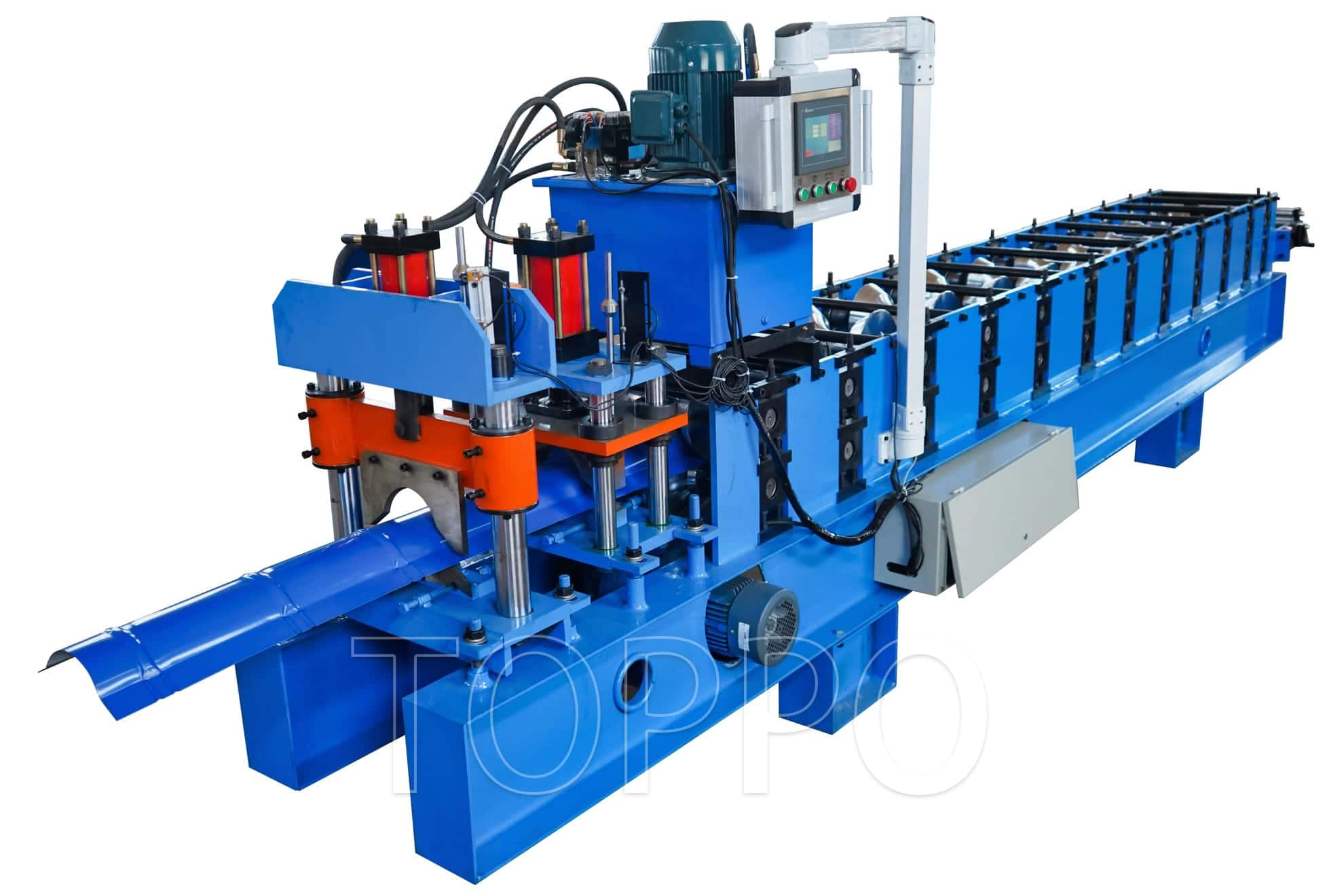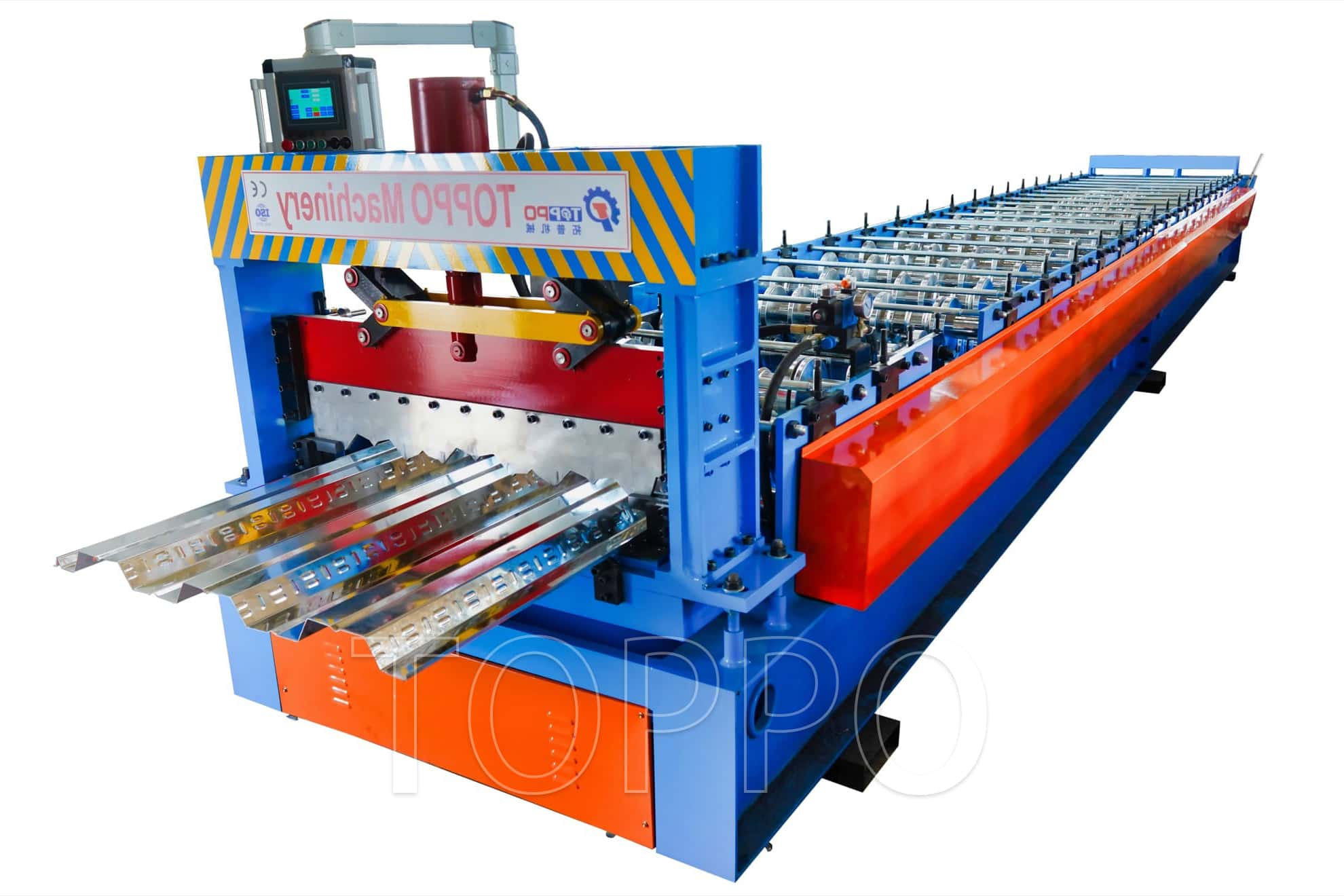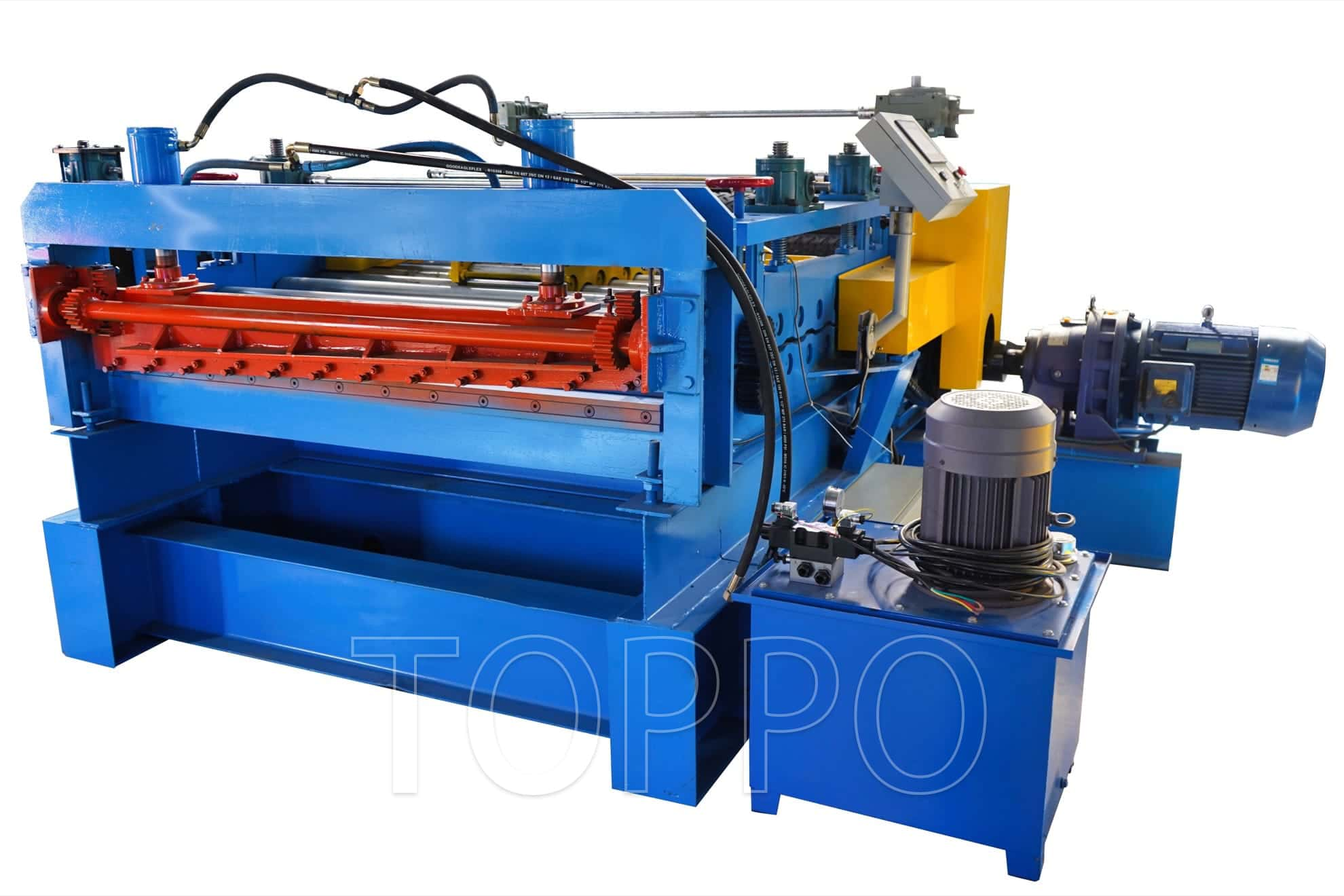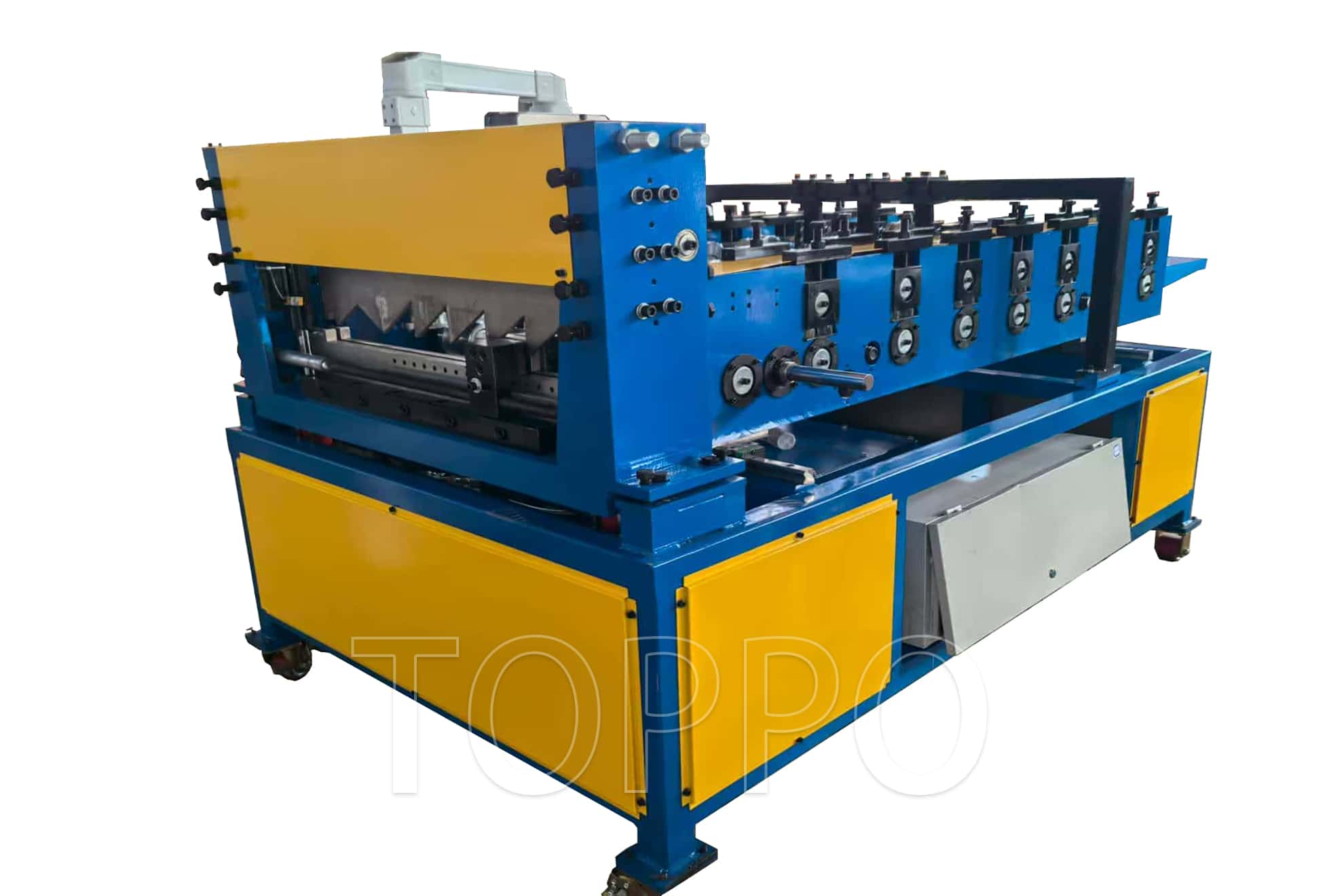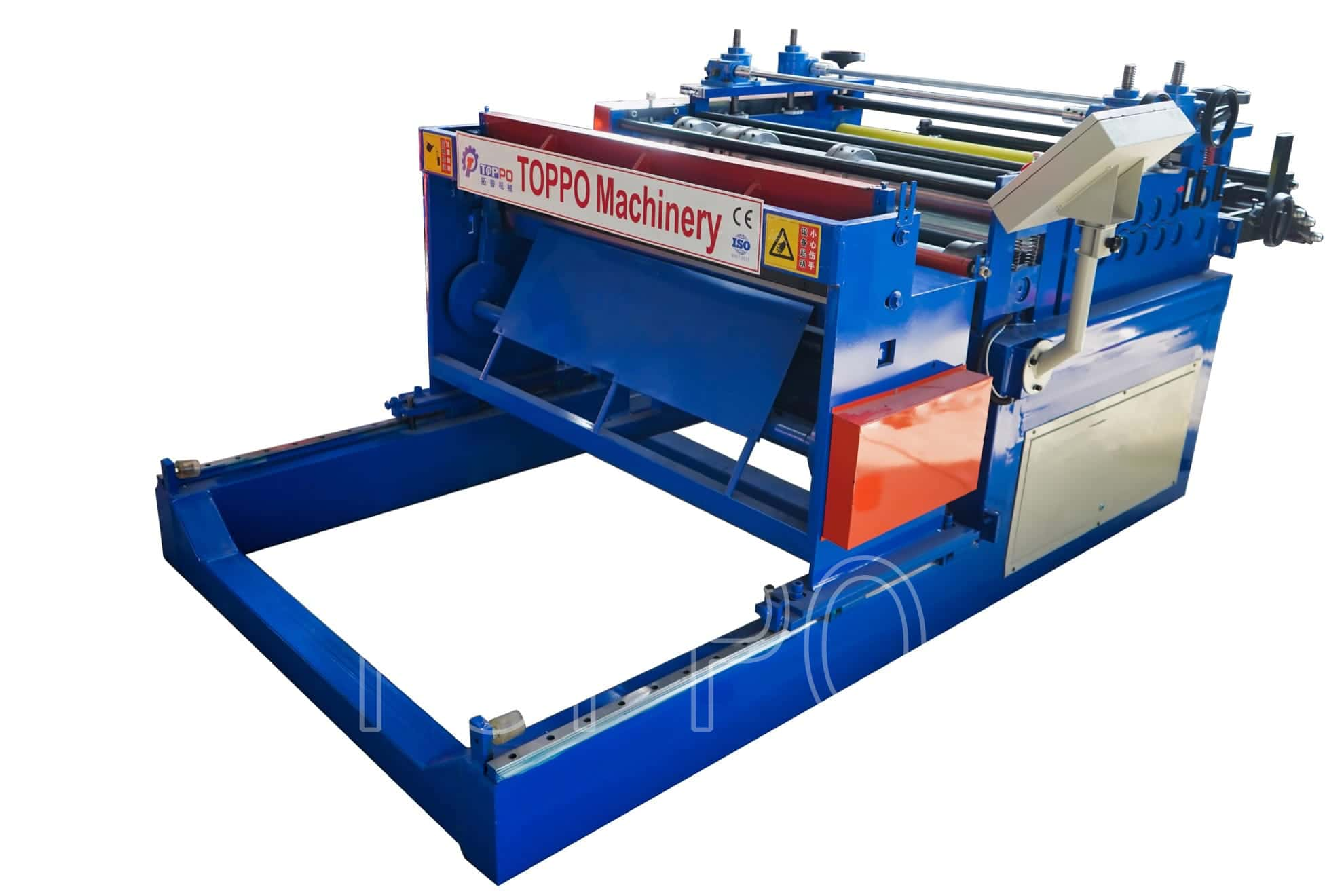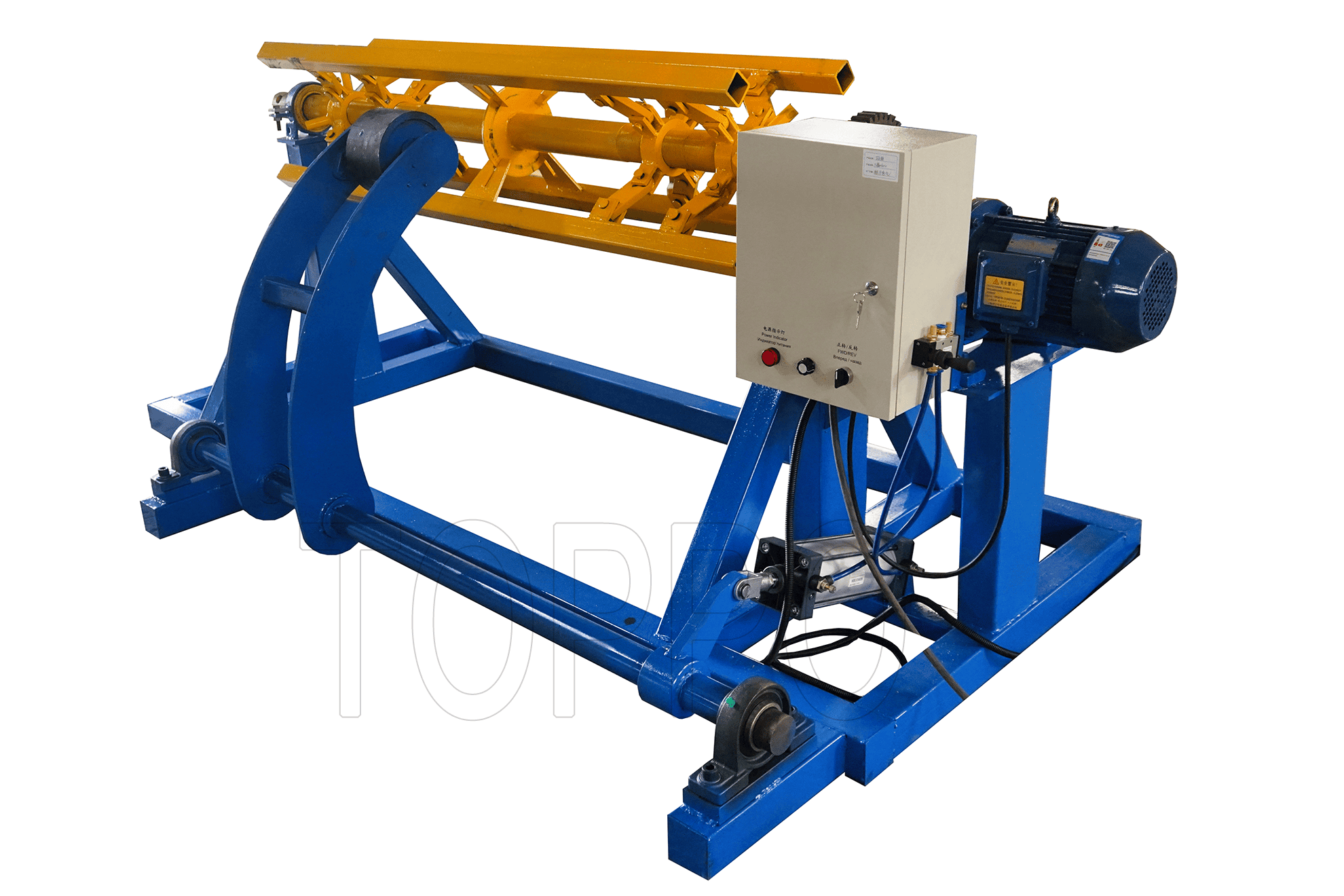- Trapezoidal Machine
- Corrugated Machine
- Glazed Tile Machine
- Double Layer Machine
- CZU Purlin Machine
- Ridge Cap Machine
- Floor Decking Machine
- Rolling Door Machine
- Fence Machine
- Embossing Machine
- Standing Seam Machine
- Cut To Length And Slitting Line
- Guard Rail Machine
- Decoiler And Stacker
- Stud And Track Machine
- Gutter And DownPipe
- Curving Machine
- Cladding Panel Machine
- Corollary Equipment

How Plant Engineers Can Maximize the Precision of Glazed Tile Roll Forming Machines
Plant engineers play a vital role in maintaining the performance and accuracy of advanced production equipment. In the competitive roofing tile sector, precision is critical—not only for quality but also for cost efficiency and customer satisfaction. This article highlights key strategies plant engineers can use to get the most out of Automatic high speed PLC control bomboo glazed tile cold roll forming machines, especially when deployed within a modern glazed tile production line.
1. Prioritize Preventive Maintenance and Monitoring
Routine inspections and scheduled maintenance are essential for consistent accuracy. Plant engineers should utilize the built-in diagnostics of PLC-controlled glazed tile roll forming machines to monitor for signs of wear, misalignment, or unusual vibrations. Early detection of issues prevents downtime and maintains tight production tolerances.
2. Ensure Proper Calibration and Alignment
Regular calibration of rollers and the alignment of the forming path are necessary to prevent deviations in tile shape and thickness. Using precision measurement tools, plant engineers should verify the straightness, parallelism, and spacing of every roller station. Some Automatic high speed PLC control bomboo glazed tile cold roll forming machines include auto-calibration features that streamline this process within the glazed tile production line.
3. Leverage Automation for Data-Driven Adjustments
Modern glazed tile roll forming machines generate valuable real-time production data. Plant engineers can use this information to identify trends, optimize settings, and implement parameter changes that increase both speed and accuracy. Integrating these machines with the glazed tile production line ensures that every stage is operating in sync, minimizing human error and production delays.
4. Upgrade Material Handling Systems
The quality and consistency of raw materials have a significant impact on finished tile accuracy. Plant engineers should oversee the installation of advanced coil handling, feeding, and storage systems, ensuring they interface seamlessly with the roll forming machine. Synchronization between all components of the glazed tile production line reduces feed jams and maintains uniformity.
5. Empower Technical Teams with Training and Documentation
Effective training programs and thorough documentation are vital. Plant engineers should facilitate regular operator training sessions on machine setup, troubleshooting, and safe practices. Accessible operation manuals and digital resources further enhance team confidence and performance.
By following these best practices, plant engineers can maximize the accuracy and reliability of their glazed tile roll forming machines. Leveraging the full capabilities of Automatic high speed PLC control bomboo glazed tile cold roll forming machines—and ensuring seamless glazed tile production line integration—will yield superior product quality, higher throughput, and long-term manufacturing success.
Related SEO Keywords (for search engines and content planning):
Automatic high speed PLC control bomboo glazed tile cold roll forming machine, glazed tile production line, glazed tile roll forming machine, plant engineer, preventive maintenance, machine calibration, production data, automation, real time monitoring, parameter optimization, coil handling, feeding systems, operator training, production accuracy, cost efficiency, production tolerances, technical documentation, manufacturing optimization, tile shape consistency, auto calibration, advanced diagnostics, raw material quality, feed synchronization, machine setup, troubleshooting, manufacturing success, team training, digital resources, coil storage, error prevention, production reliability, forming path alignment, roller station, industry best practices, downtime reduction, human error reduction, quality assurance, customer satisfaction, throughput, equipment performance, manufacturing excellence.
SEO Keywords Tag: Automatic high speed PLC control bomboo glazed tile cold roll forming machine, glazed tile production line, glazed tile roll forming machine, plant engineer, preventive maintenance, machine calibration, production data, automation, real time monitoring, parameter optimization, coil handling, feeding systems, operator training, production accuracy, cost efficiency, production tolerances, technical documentation, manufacturing optimization, tile shape consistency, auto calibration, advanced diagnostics, raw material quality, feed synchronization, machine setup, troubleshooting, manufacturing success, team training, digital resources, coil storage, error prevention, production reliability, forming path alignment, roller station, industry best practices, downtime reduction, human error reduction, quality assurance, customer satisfaction, throughput, equipment performance, manufacturing excellence.
READ MORE:
- Continuous Improvement Strategies for Operations Managers Using Glazed Tile Roll Forming Machines
- Quality Control Best Practices for Glazed Tile Roll Forming Machines
- Calibration Tips for Technical Service Teams Using Glazed Tile Roll Forming Machines
- How Plant Engineers Can Maximize the Precision of Glazed Tile Roll Forming Machines
- 5 Ways to Improve the Accuracy of Your Glazed Tile Roll Forming Machine



